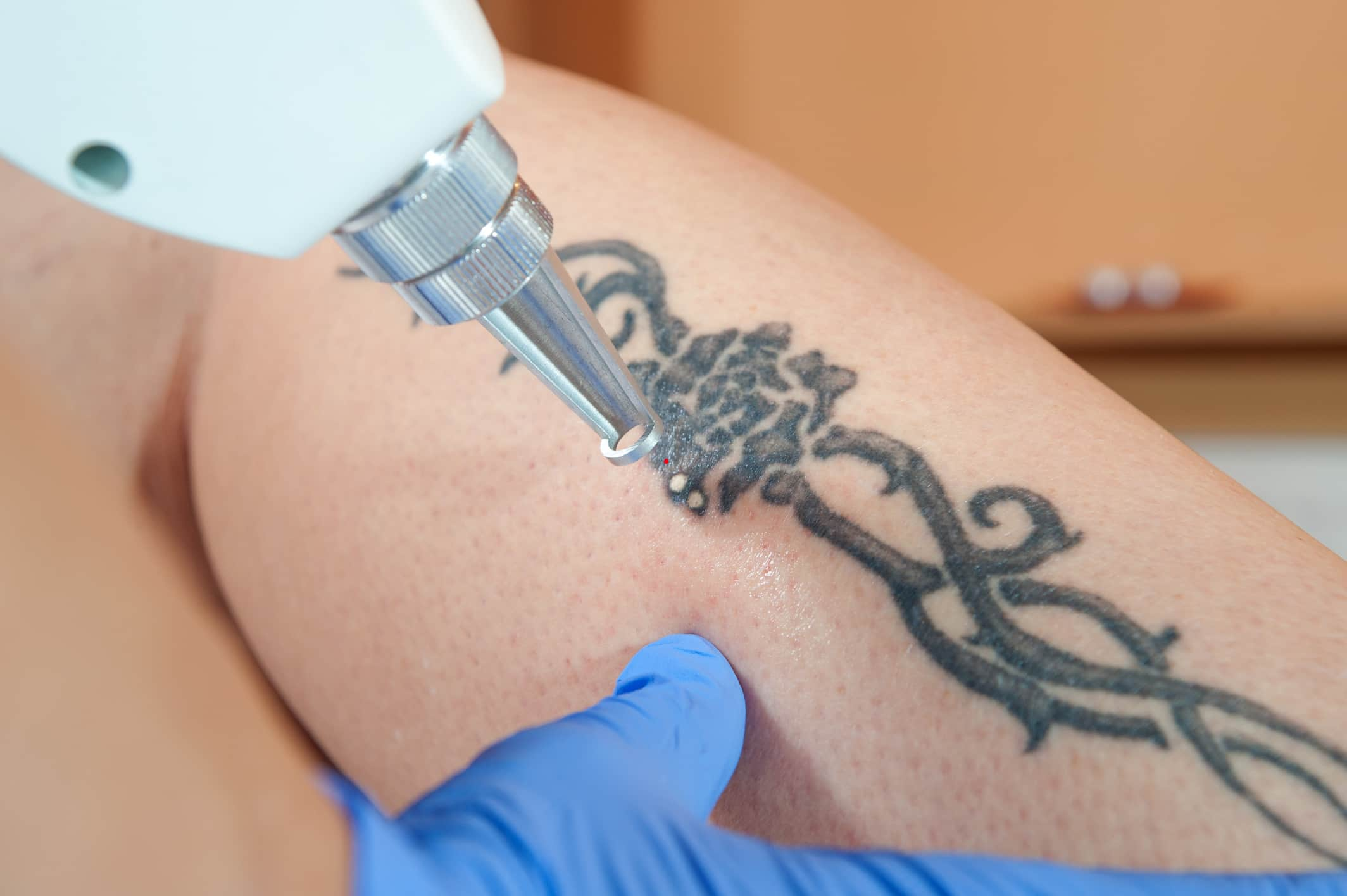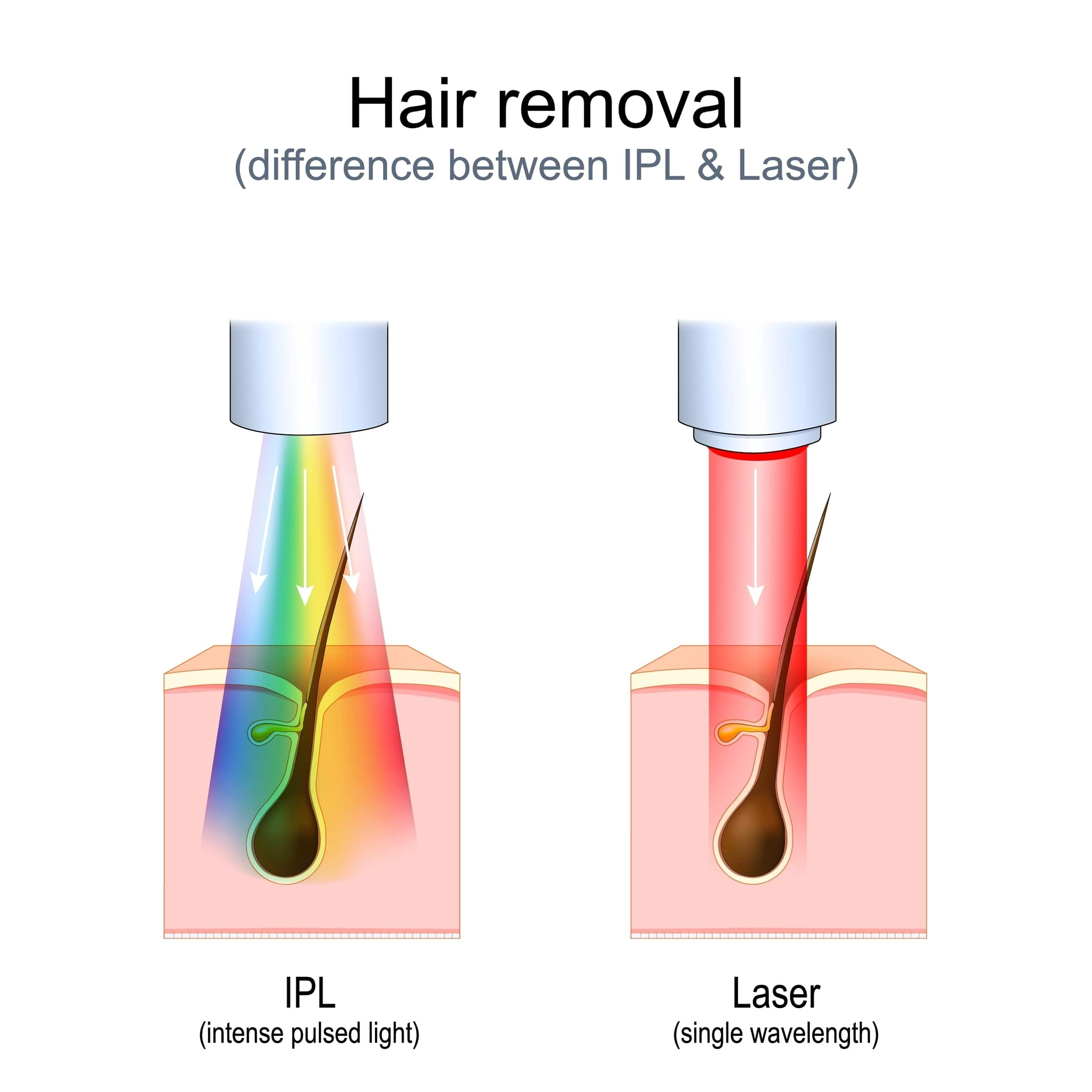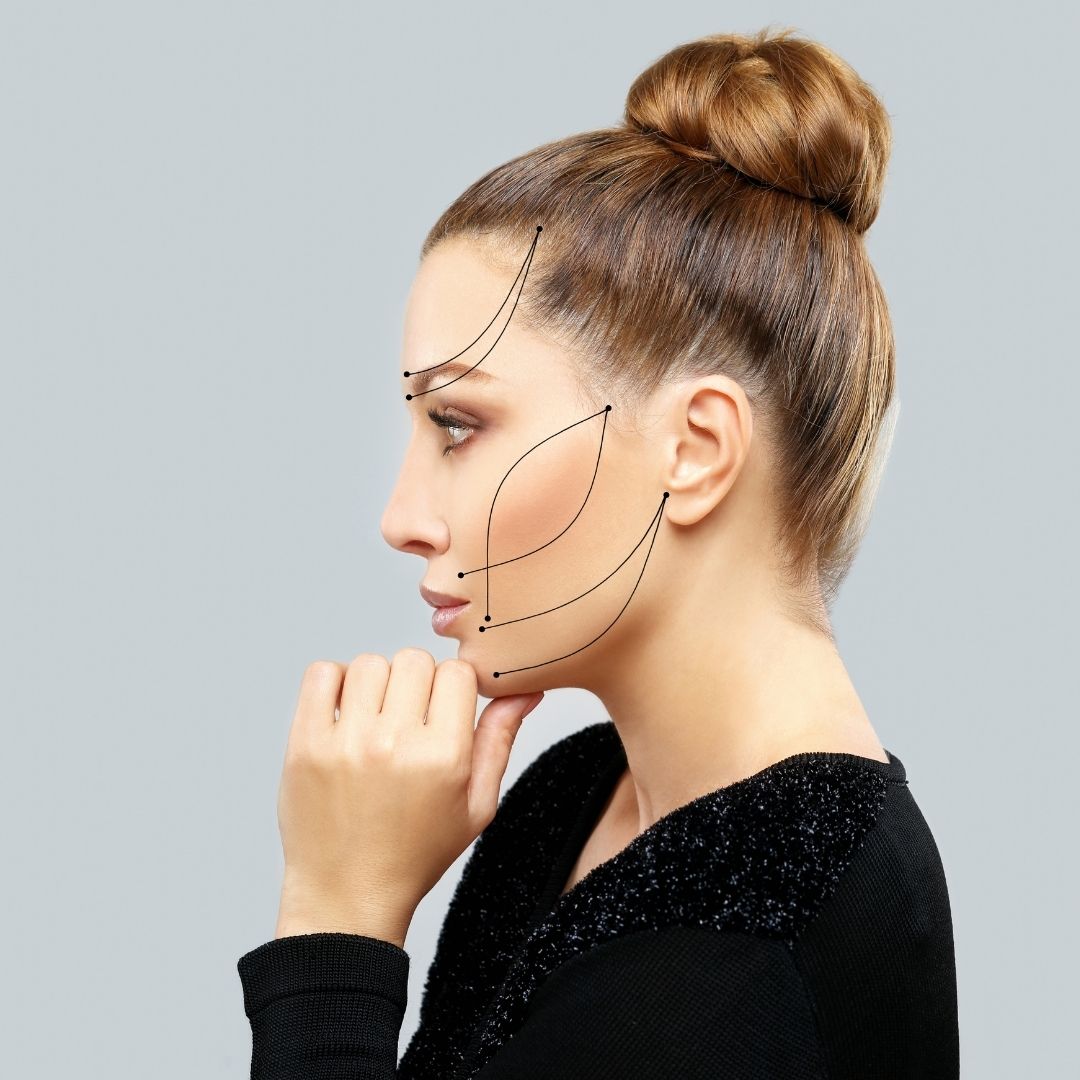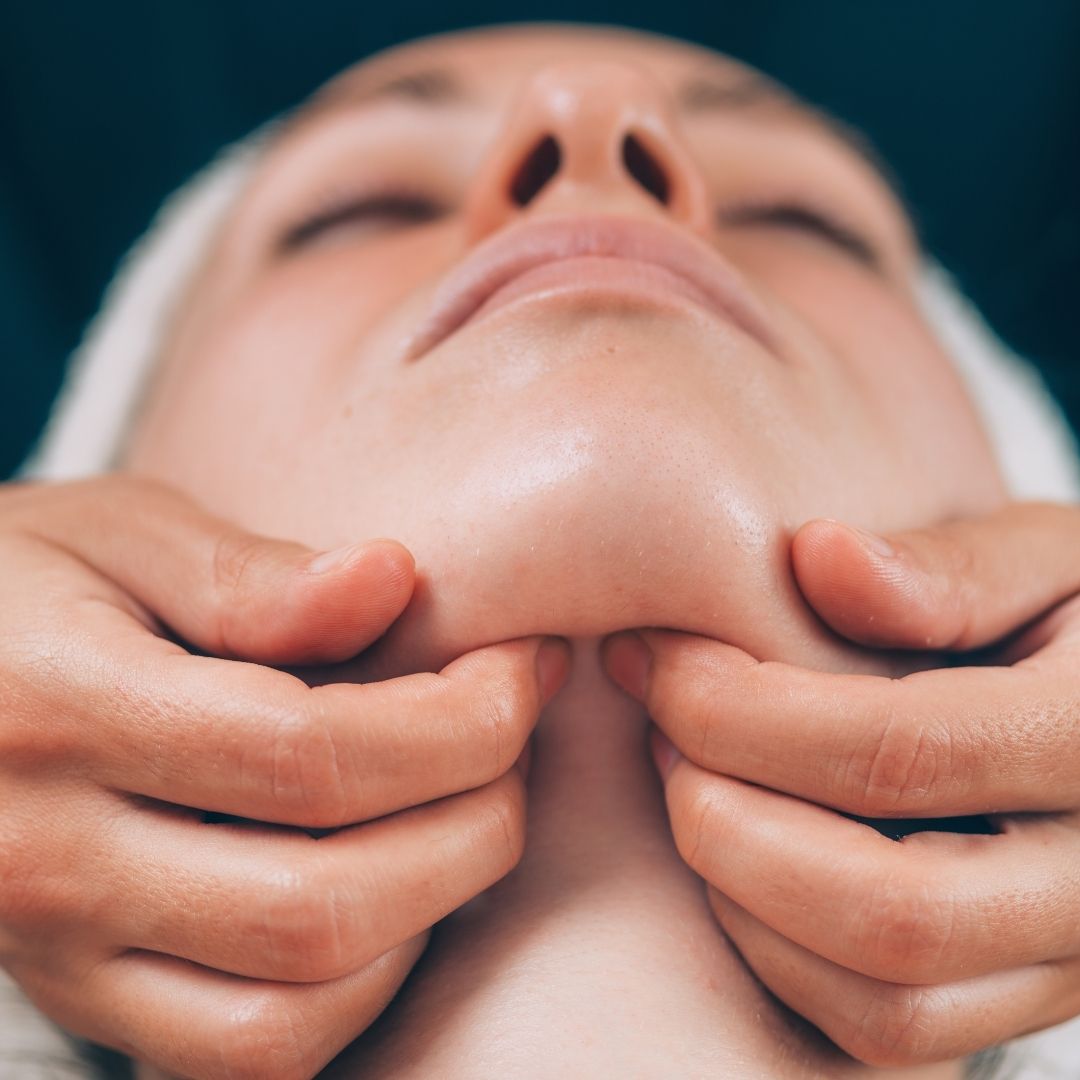
Tattoo Removal
Tattoos are a form of self-expression that has become increasingly popular over the years. While many people love the artistry and meaning behind their tattoos, some individuals may regret their decisions and want to remove their tattoos. Fortunately, tattoo removal has become more accessible and affordable, with new technologies making the process faster and more efficient.
However, getting a tattoo removed is not as simple as getting one. Tattoo removal requires careful consideration and planning, particularly when it comes to timing. This article will explore the best time to get tattoo removal, taking into account various factors that may affect the process.
What Is Tattoo Removal?
Tattoo removal is a process of removing unwanted tattoos from the skin. It has become increasingly popular over the years as more people realize that their tattoos no longer represent their personality or lifestyle. Tattoo removal involves breaking down ink particles within the skin using laser technology. The laser directs high-intensity light energy into the skin, breaking down the ink particles into smaller fragments that the body’s immune system flushes out over time.
The process of tattoo removal is not as simple as getting a tattoo. It requires careful consideration and planning, particularly when it comes to timing. Depending on the size, color, and age of the tattoo, the treatment may take several sessions. These sessions are typically spaced out every four to eight weeks to allow for proper healing and maximum ink absorption.
There are several factors that can affect the time it takes to remove a tattoo. The size, color, and age of the tattoo all play a role in the number of sessions required for complete removal. Generally, larger tattoos require more sessions than smaller tattoos, while darker colors are more challenging to remove than lighter colors. Additionally, older tattoos may take longer to remove as the ink particles become more stubborn over time.

What Time of Year Is Best for Tattoo Removal?
If you are considering tattoo removal, timing is a crucial factor to consider. While tattoo removal can be done year-round, the winter months are generally considered the best time for the procedure. The cooler temperatures and reduced sun exposure make it easier for the skin to heal and minimize the risk of complications.
During the summer months, sun exposure can cause the skin to become more sensitive, leading to complications and slower healing times. Sun exposure can also cause the treated area to become darker or lighter, making it harder to achieve the desired results. Therefore, it is generally not recommended to get tattoo removal during the summer.
Is It Better to Get a Tattoo Removed Early?
If you are considering getting a tattoo removed, it is generally better to start the process early rather than later. The earlier you start, the easier it will be to remove the tattoo. This is because older tattoos have more ink particles that have settled deeper into the skin, making them harder to remove. By starting early, you can avoid having to undergo more sessions and potentially reduce the cost of the procedure.
Another benefit of starting early is that it gives your skin more time to heal and recover between sessions. Tattoo removal sessions can be uncomfortable and cause some redness, swelling, and scabbing. By spacing out your sessions and allowing your skin to heal, you can minimize discomfort and reduce the risk of scarring or other complications. Additionally, starting early gives you more time to achieve the desired results before any important events or occasions.
Is It Bad to Get Tattoo Removal in the Summer?
While tattoo removal can be done during the summer months, it is generally not recommended due to the increased risk of sun exposure. Sun exposure can cause the skin to become more sensitive, leading to complications and slower healing times. Additionally, sun exposure can cause the treated area to become darker or lighter, making it harder to achieve the desired results.
What Factors Affect the Time of Tattoo Removal?
Tattoo removal is not a one-size-fits-all process. Several factors affect the time it takes to remove a tattoo, including the size, color, and age of the tattoo, the location of the tattoo, and your skin type.
Larger tattoos require more sessions to remove than smaller tattoos, as there is more ink to break down and remove. Similarly, darker colors like black and blue are harder to remove than lighter colors like yellow and green. The age of the tattoo also plays a role in the time it takes to remove, as older tattoos have more ink particles that have settled deeper into the skin. The location of the tattoo can also affect the time it takes to remove, as areas with more fatty tissue like the thighs and buttocks may take longer to treat. Finally, skin type can affect the time it takes to remove a tattoo, as people with lighter skin typically have better results with tattoo removal than people with darker skin.
While there is no guaranteed timeline for tattoo removal, most people can expect the process to take several months to a year or more. Patients should follow their doctor’s advice on the frequency of treatments and allow enough time between sessions for the skin to heal. In some cases, the tattoo may not be completely removed, but it can be significantly lightened, making it easier to cover up with new ink or makeup.
What Speeds Up Tattoo Removal?
Several factors can speed up the tattoo removal process, including a healthy lifestyle and proper aftercare. Eating a well-balanced diet, staying hydrated, and getting enough sleep can help your body heal faster and flush out ink particles more efficiently. Additionally, proper aftercare, such as keeping the treated area clean and avoiding sun exposure, can help minimize the risk of complications and speed up healing times.
The Study of Get Tattoo Removal
Recent research published in the Journal of Dermatological Science examined the effects of seasonal variation on the outcomes of tattoo removal. The study found that patients who underwent tattoo removal during the winter months experienced faster healing and better results compared to those treated during the summer. The cooler temperatures and reduced sun exposure were identified as contributing factors to these improved outcomes. This research highlights the importance of considering the timing of tattoo removal procedures to optimize results and minimize complications.
Conclusion
In conclusion, the winter months are the best time to get tattoo removal due to the cooler temperatures and reduced sun exposure. Getting a tattoo removed earlier rather than later is also recommended, as older tattoos can be more stubborn and may require more sessions to remove. Several factors, such as the size, color, and age of the tattoo, can affect the time it takes to remove a tattoo, while a healthy lifestyle and proper aftercare can help speed up the process. If you are considering tattoo removal, be sure to consult with a licensed professional and discuss the best course of action for your individual needs.




